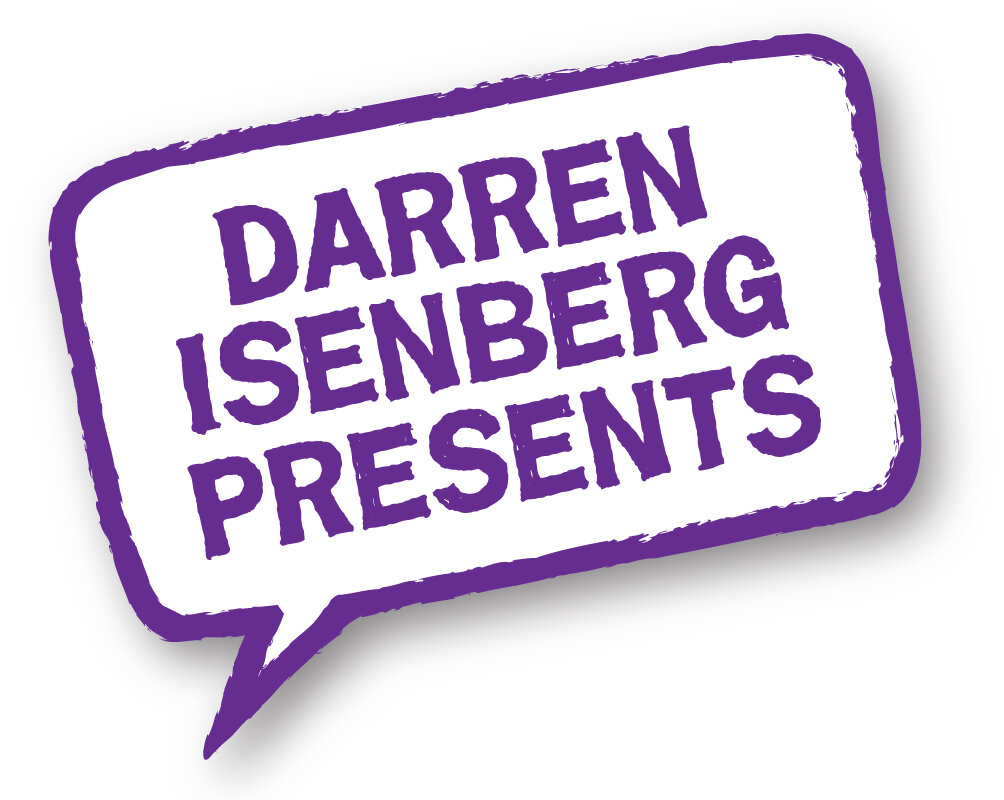I’ve been a professional Master of Ceremonies for over 25 years which means two things:
I’m much older than I’m comfortable admitting, and
I’ve done lots of events for lots of clients in lots of industries.
Except one.
Prior to the coronavirus pandemic, I had only worked at two medical association events (and one of those was to run a fun quiz over a dinner, rather than MC).
In the past few months, I have added five Medical Associations to my client list.
The message I had repeatedly heard over the years from medical associations was some combination of the following sentiments:
We have never used an MC before
We are not interested in using an MC in the future
The format of our event means there’s really no need.
Our event is chaired by either the Association President or someone from the organising committee … so they don’t see the need for an MC
The program is all very technical. An MC wouldn’t be able to add any value
Our delegates really aren’t the sort of people who would respond well to an MC.
Do you recognise any of these comments from within your association?
I would listen respectfully as I was told these things … and silently think to myself, “But I’ve only MC’d one medical conference … and I saw that almost all those things aren’t true”.
HOW THE PANDEMIC HAS CHANGED THINGS
Then, late last year, I MC’d my first virtual medical conference.
The rise of these (and hybrid) events has seen some associations that would never have considered an MC, are at least realising that it is wise to have an experienced person on board at their event, to engage delegates who, by virtue of their virtual-ness, are surrounded by many distractions.
And an MC is perfectly-placed to play that role (as well as to look after all the live interactions and keep things steady if there are any technical difficulties etc).
As a result, I was engaged as MC for a medical conference, with the specific brief to help keep people engaged while they were going through their very technical and very serious program.
There is great value in providing delegates with a little bit of warmth and personality. With an occasional spot of humour … and an occasional interesting comment as an industry outsider.
If you click on this sentence you can see a brief clip showing how I handed over to the Conference Chair, a highly-esteemed professor after my Conference Welcome.
So, from the get go, everyone was in a more relaxed frame of mind … which is SO much better for learning.
The bottom line is:
Delegates actually enjoy enjoying themselves.
And, as an important flow-on from that:
People who enjoy their learning more, remember their learning more.
SO, WHAT SHOULD ASSOCIATIONS DO?
We need to move past the thinking that says the only enjoyment delegates are allowed at a conference is over a meal.
Given how many more hours they spend in the conference room than they do at their dinners, and how important the information is that they’re wanting to learn whilst they’re in there, surely there should be an emphasis on them enjoying THAT aspect as well?
Our delegates may have the most serious responsibilities, hold the most impressive qualifications, be bound by the most-rigorous standards and have to deal with the most incredible stress … but, in the end, they are all PEOPLE … and people enjoy enjoying themselves …
Even when they’re busy doing serious things like LEARNING.
In fact, ESPECIALLY when they’re doing important things like learning.

